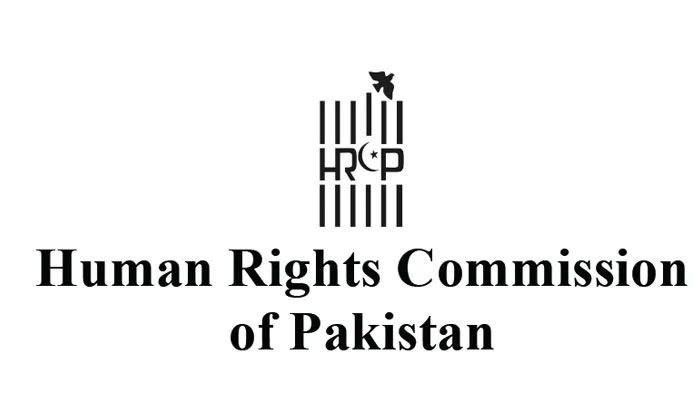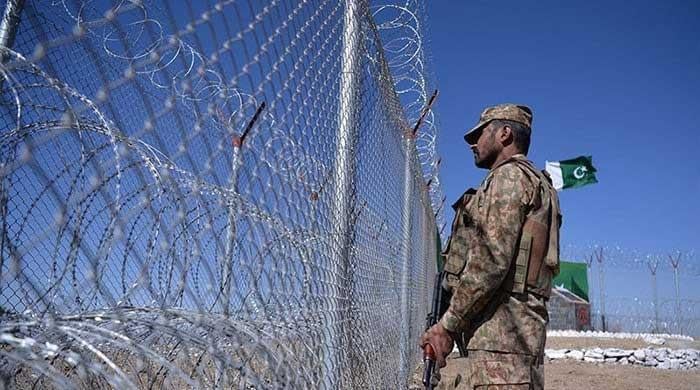HRCP calls for consensus on crucial issues faced by Pakistan
HRCP expresses concerns over the alarming polarisation in political discourse, ensuing economic instability and rising inflation
June 19, 2022

- HRCP expresses concerns over the alarming polarisation in political discourse, ensuing economic instability and rising inflation.
- HRCP calls for a non-partisan consensus on crucial issues being faced by the country.
- Freedom of the press is under continuous stress and journalists have been persistently targeted, observes HRCP.
LAHORE: Expressing concerns over the alarming polarisation in political discourse, ensuing economic instability, rising inflation and the threat of food insecurity, the Human Rights Commission of Pakistan (HRCP) on Saturday called for a non-partisan consensus on crucial issues being faced by the country.
At the conclusion of its biannual meeting, the governing council of the HRCP highlighted multiple grave human rights issues being faced by the populace, including the impact of climate change evident in the recent glacial flooding in Gilgit-Baltistan, the ongoing heatwave in Punjab, and the acute water shortages in Sindh and Balochistan, leading to provincial conflicts, displacement and loss of livelihoods.
“Punjab, the country’s biggest province, stays in a political limbo,” the meeting also observed.
Police brutality
It noted the worsening instances of police brutality against peaceful protestors across Pakistan with arrests of activists and political workers on anti-state charges becoming a common feature.
Freedom of press
"Freedom of the press is under continuous stress and journalists have been persistently targeted," read the statement issued by the HRCP.
The commission urged the state to uphold people’s rights to freedom of expression, association and peaceful assembly instead of retaliating with unwarranted violence.
HRCP brought to the government’s notice that there is no letup in cases of enforced disappearances, particularly in Balochistan, Sindh and KP.
Violence against women
Violence against women and transgender persons showed no signs of abating, the meeting noted. Religious and sectarian minorities remain vulnerable, with incidents such as the mob lynchings in Sialkot and Mian Channu, becoming more frequent.
HRCP called on the state to curb the rising tide of religious extremism, and grant the National Commission for Minorities a statutory position in light of the Tassaduq Jillani Supreme Court judgement 2014 so it may fulfil its duties.
It welcomed the passage of the Sindh Student Unions Bill, and the decisions to suspend the PDMA’s establishment and carry out a review of PECA.
However, seats on various parliamentary committees remain vacant, since the passage of vote of no confidence, while the NCHR and NCSW are under-funded and hence not fully functional, it noted.
HRCP also demanded that the state accede to the 1951 Refugee Convention and its 1967 Protocol, and pass legislation for refugees’ rights.









